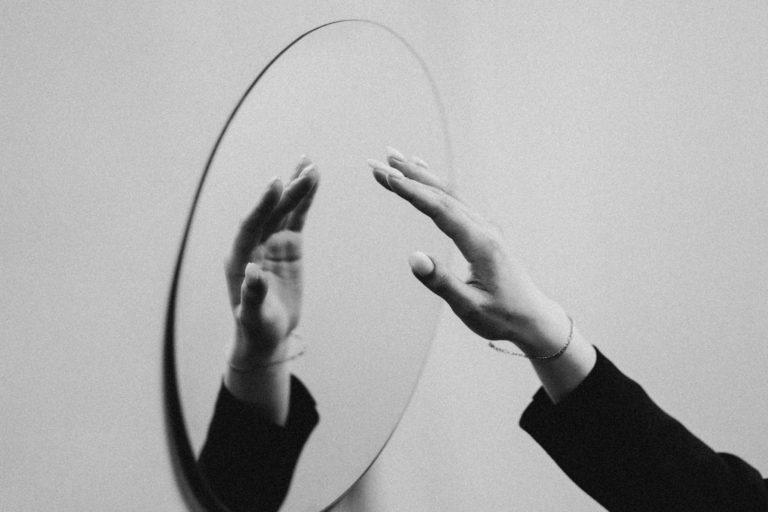MIND newsletter: A guru vs a contributor - imposter syndrome
Happy Saturday you all! 🙂
1. M (Challenge your mindset)
As an introvert I rarely feel the need to be surrounded by many people. Yet one of the best things in those situations, I found, is that other people are always great mirrors, for me, and any of us.
I met a very talented artist. Despite art being the direction she wants to go, she constantly struggles to see herself in that identity. She has a long list of what a real artist would look like and why she can easily disqualify herself by following that definition.
I am by no means a talented artist, but that lady reminded me of a similar long list I have had since the beginning of my career transition.
There seems to be at least one role in our life that we want to do so perfectly to the point we become tough on ourselves. The world is changing constantly, suggesting stereotypes of many professional roles should be challenged. And the same should go for the list of “10++ reasons why I think I’m an impostor”.
In my case, not until I see myself in that artist did I start to appreciate a precious piece of advice I got as a newbie: “Don’t be a guru, be a contributor”.

2. I (I’m my own coach)
There are many great tools to deal with imposter syndrome. But here are 3 good ones:
Read the definition of an impostor (yes, that simple :))
The definition of impostor: a person who pretends to be someone else in order to deceive others, especially for fraudulent gain. Synonyms: deceiver, hoaxer, impersonator.
Are you really that type of person?
Triple A-model (that I learned from this article), with:
Acknowledge: that the feelings might just be “individual responses to structural realities”, and not fitting into a box doesn’t mean you have to fix yourself.
Ask: that how you can approach the role differently thanks to your differences, as it can just be exactly what the field or the environment needs.
Advance: take it as a source of power to amplify your empathy and appreciation toward diversity
Fear of visibility
You might not be concerned too much about imposter syndrome if the role doesn’t require you to be exposed to the public eye or subjected to judgment from others. A great way to work on our fear is to accept it, thank it (for any fear that exists is to initially protect you from something bad that might happen), and be friends with it (as learn how to channel and negotiate with it).
3. N (The power of Now)
What thoughts come to your mind going through this text?
4. D (Do)
Pick a pen and paper. Picture a typical person that you consider successful in the role you feel like an impostor. Which characteristics does the person have? Which one you don’t fit in? Now for every bullet point like that, try to see if you can add one from your side to better contribute to this role or to the world problem you’re solving.



